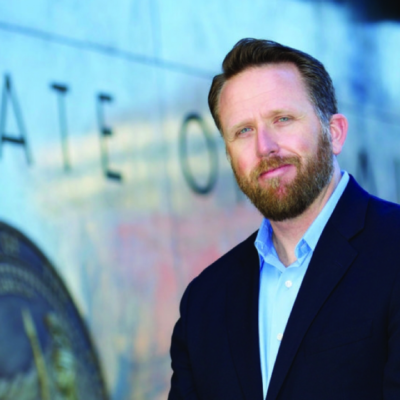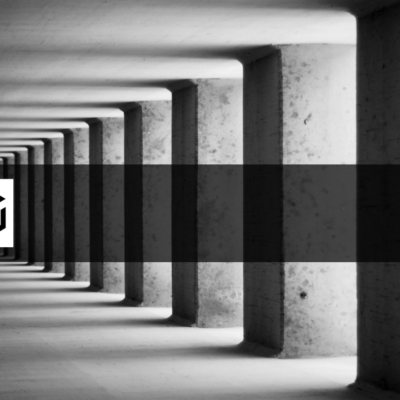
Reflections on Mentoring | Part I
(This is the first in a series of reflections on those mentors who have impacted my life in a profound way. The following is adapted from a blog post that was originally published in 2o13.)
Mentor: Kurt Williams (1958-2013)
It has been more than seven years since my good friend and mentor, Kurt Williams, a recognized national leader in the field of Emergency Medical Services (EMS), passed away suddenly. Like many others, I was shocked and saddened at the news of his unexpected death; but the gravity of the loss to the EMS and healthcare leadership community didn’t sink in completely until I attended his celebration of life. Surrounded by many of my former colleagues, I began to reflect on my relationship with Kurt, beginning when I was a twenty-year-old Emergency Medical Technician (EMT) for American Medical Response (AMR).
I came into the field of EMS with a chip on my shoulders—a chip developed from what I saw as a lost childhood caused by the poor decisions made by drug addicted and alcoholic parents. Ours was a household of poverty, abuse, and—above all else—uncertainty. As an adult, I took great pride in being able to take care of myself, and of making the right decisions. More precisely, I took pride in being right. While many of the decisions I made in in my early EMS career turned out to be technically correct (by the letter of the protocol book), the manner in which I approached problems left much to be desired. “Aggressive” and “arrogant” could certainly be used to describe me at the time. I was, in a word, “raw.”
I never thought too far down the line, other than believing that I wanted to be a paramedic. I liked helping the sick and injured, loved being the guy who responded when you needed help, and the fringe benefits of driving an ambulance and wearing an EMT uniform didn’t hurt either (“Hello ladies”). Kurt Williams was the CEO of AMR San Diego at the time. I can’t even remember how our paths originally crossed. I do, however, vividly recall that Kurt recognized latent talent in me—in other words, untapped potential. It was Kurt who provided me a series of professional development opportunities that changed my life forever.
When I became interested in policy and politics, Kurt introduced me to Eric Burch, the Manager of Public Affairs for AMR San Diego at the time. Eric would soon become a mentor. Eric took me to my first political event—the Lincoln Reagan dinner in San Diego. It was at this event that Eric introduced me to former Attorney General Ed Meese. Eric would continue to take me to political events. At one political dinner, Eric taught me the proper way to use my eating utensils and where to put my napkin (over the back of the chair to save your seat). For an unrefined kid from a broken home, this is important—and completely foreign—stuff. Eric also took me to my first lobbying meeting at a congressional office. It was after that meeting that I put together a strategic career plan that completely change my future prospects, and my approach to work and life. It motivated me to pursue the formal education and gain the professional experience necessary to become influential in the development of sound health policy. Eric remains my good friend and mentor to this day.
In addition to introducing me to Eric, Kurt also gave me several opportunities to grow as a leader. First, Kurt appointed me as the EMT representative for the AMR strategic planning team. This was my first foray into the world of strategy. It forced me to look at decisions from a business perspective, and to weigh the multitude of challenges facing a modern healthcare/service organization. Years later, having successfully lead or participated in numerous strategic planning sessions, several of which resulted in the creation of national best practice worthy outcomes, I have to marvel at where it all began. It began with an offer of opportunity from Kurt. Kurt also put me through training in Critical Incident Stress Debriefing and allowed me to build a Critical Incident Response Team at AMR San Diego. I led the team for over a year, working to assist first responders in the aftermath of their worst calls. Aside from my work as a Field Training Officer, this was my first opportunity to lead and manage a team of that size (8 individuals), including individuals with more years of experience.
While each of these opportunities contributed mightily to my development, there was one opportunity that, in my mind, stood out above the rest. At one point, I read an article in an industry magazine that discussed the positive impact that uniform badges had on the attitude and self-image of emergency personnel. I know, “Badges? We don’t need no stinking badges.” I heard it a hundred times from crews in the field. At that point, the EMTs and paramedics of AMR San Diego did not wear badges on their uniforms, but simply had sleeve patches on their shirts for agency identification. I discussed the idea of getting badges for our crews with Kurt, who encouraged me to draft a concept paper that outlined the idea, justification, cost and other logistical considerations. I put tremendous effort into that project. I submitted it to Kurt for his consideration, not expecting to receive a positive response. Within months, we were all wearing badges at AMR San Diego. To this day, I display that first badge in a frame on my office wall. It was my first experience with developing a concept based on a perceived community need, and then making a strong case for an intervention. Now, nearly two decades and many community projects later, I look back at “the badge proposal” with great nostalgia. It was the point where my confidence grew tremendously—with a clear delineation between confidence and arrogance. I realized that confidence is informed through experience and a keen understanding of one’s own true strengths and weaknesses, whereas arrogance or hubris is an overestimation of one’s own ability.
When I left EMS permanently in 2004, I maintained contact with Kurt. At the time, I wasn’t even consciously aware of the fact that he was my mentor. As the years passed, I consulted with Kurt on a regular basis. Job opportunity? Call Kurt. Work dilemma? Call Kurt. Need a contact? Call Kurt. Over that time, I went to college and worked, studied leadership and healthcare management, and focused on a more strategic approach to mentoring. I began identifying prospective mentors based on key traits that I wanted to develop—traits like communication, strategic thinking, leadership, networking, teaching, public speaking, etc. I was fearless in approaching prospective mentors and brokering formal mentoring relationships. But with Kurt, there was no formal relationship. It had developed organically over time. At one point I thought, boy I should ask Kurt to be my mentor. But what would he think if after all of these years I only then officially asked him to be my mentor? Is he my mentor? I guess he is, although we’ve never actually said so. I let it go, but continued to call and email Kurt regularly. He would contact me as well, with innovative ideas he was working on, or when looking for a connection to an industry leader.
In 2012, I was working on a project and needed to seek Kurt’s counsel. Despite dealing with a very difficult work schedule and two ill parents, Kurt made time for me. During one of our email exchanges, I asked him to introduce me to a key person in another county. Kurt sent an email to her, and copied me. In that email Kurt wrote:
“I have a protégé who worked for me as an EMT in San Diego…”
When I read that introductory line, in which he referred to me as his protégé, I couldn’t help but feel touched. This was a man at the top of his game and his field. Yet, he was taking the time to develop me, and had done so for literally years. The formalities of a mentor/protégé relationship were just that. He was my mentor, and I was his protégé.
In March of 2013, Kurt reached out to me and asked me to write a recommendation for him on his LinkedIn.com profile. I didn’t even hesitate—and I knew exactly what to write about. I penned a recommendation for Kurt that focused on his tremendous skills as an innovative leader, and as a mentor. He was very pleased with the words I wrote.
A month later, I reached out to Kurt to broker a meeting between his new venture, Evolution Health LLC, and my organization at the time, UC San Diego Health. His new venture dealt with deploying telemedicine in ambulances to create new opportunities for EMS personnel to be integrated more directly into the primary care arena, and to increase capabilities in EMS. I saw an alignment between his work and the trauma department at my hospital. We were all set to meet on April 18th to discuss this further. Unfortunately, one of our doctors wasn’t available so I cancelled the meeting. The last email I received from Kurt indicated that we would find another day to meet. Kurt passed away a few days later.
In the wake of his death, I tried to come to terms with my failures as a protégé. I probably didn’t contact him regularly enough. I was always respectful and profusely thankful for his help, insight and guidance. But was I profuse enough? Did I miss opportunities to work with him because I was so wrapped up in my own world? And most importantly, why did I cancel the meeting with him on April 18th? The folks from my team weren’t available, but I could have still gone forward with the meeting, if only to map out strategy. But I didn’t, and I missed a chance to see my friend and mentor one last time.
Despite my regrets and second-guessing, the lessons I take away from his death are positive. I must ensure that everyone I work with—mentor or protégé—understands the important role that they play in my life and how much I appreciate their time and dedication to my development. I am reminded that protégés contribute to our development as much as mentors. I am lucky enough to currently have a crew of formal mentors, numerous formal protégés, and several more informal ones. The lessons that Kurt taught me, and many other protégés, carry on, both in EMS and the world in general. We must continuously rededicate ourselves to Kurt’s philosophy of service and mentorship, with the goal of tapping into all of the unrealized potential in the world. By doing so, Kurt Williams will continue to innovate and mentor through us for decades to come.




